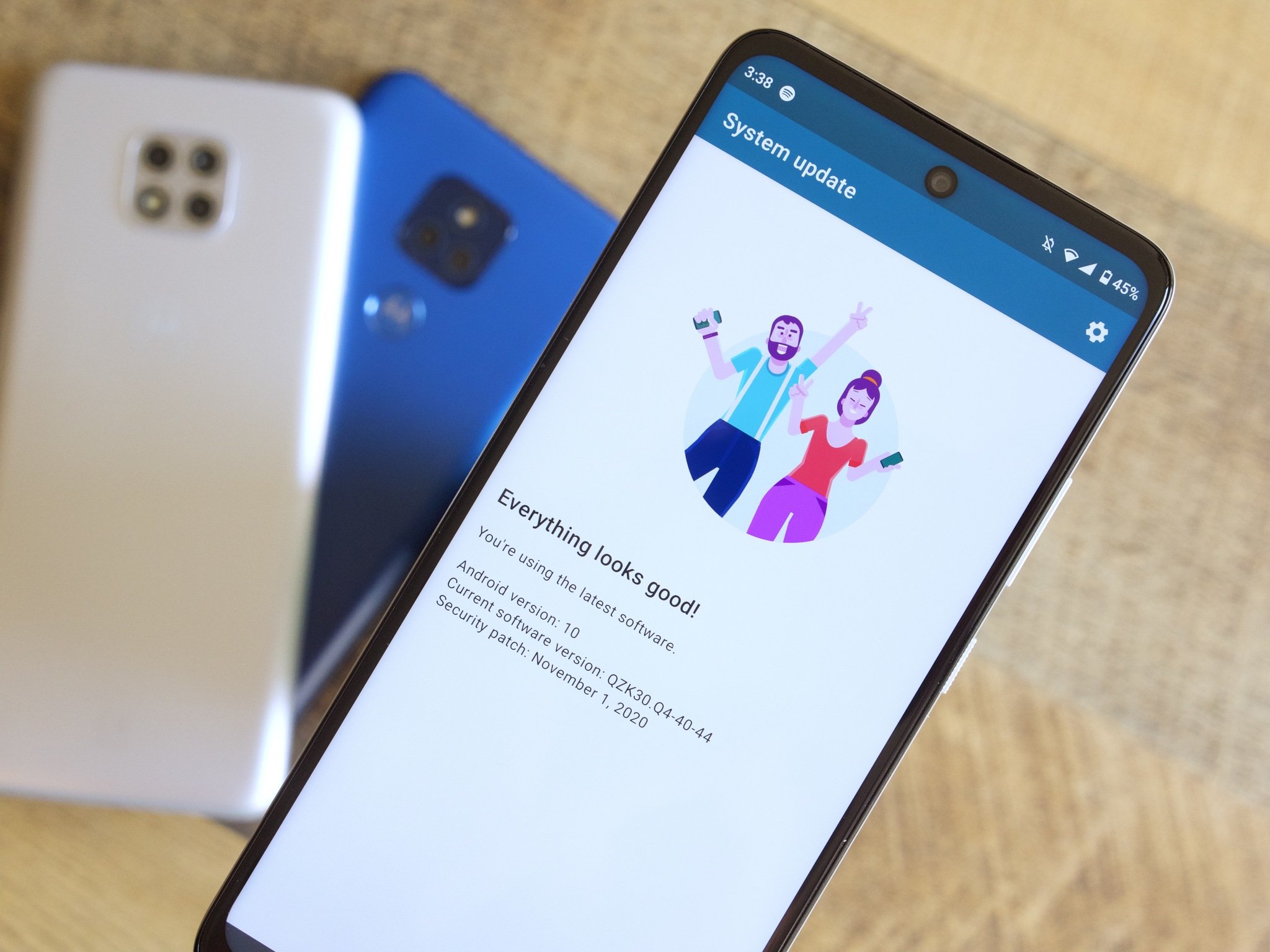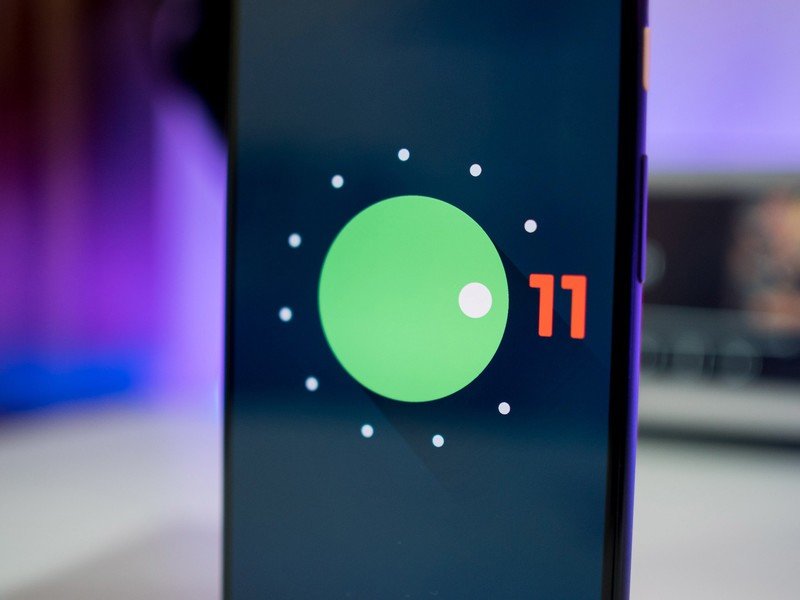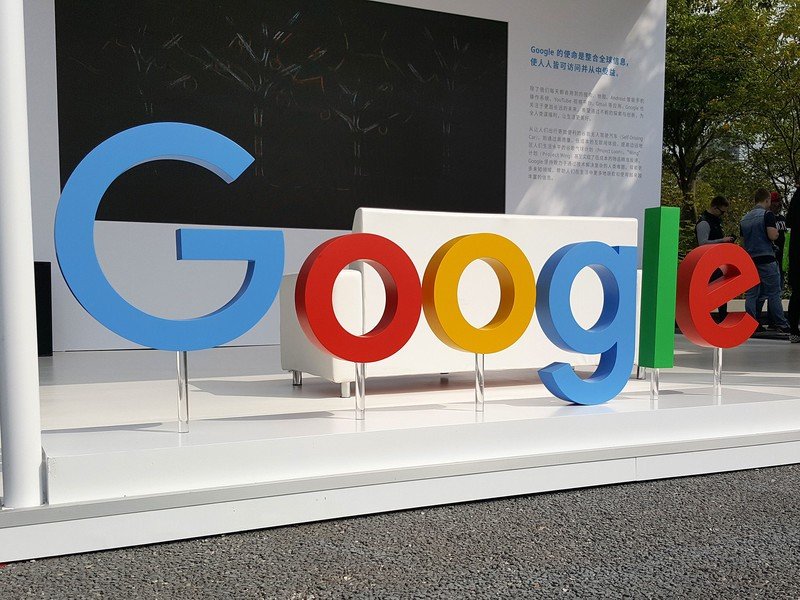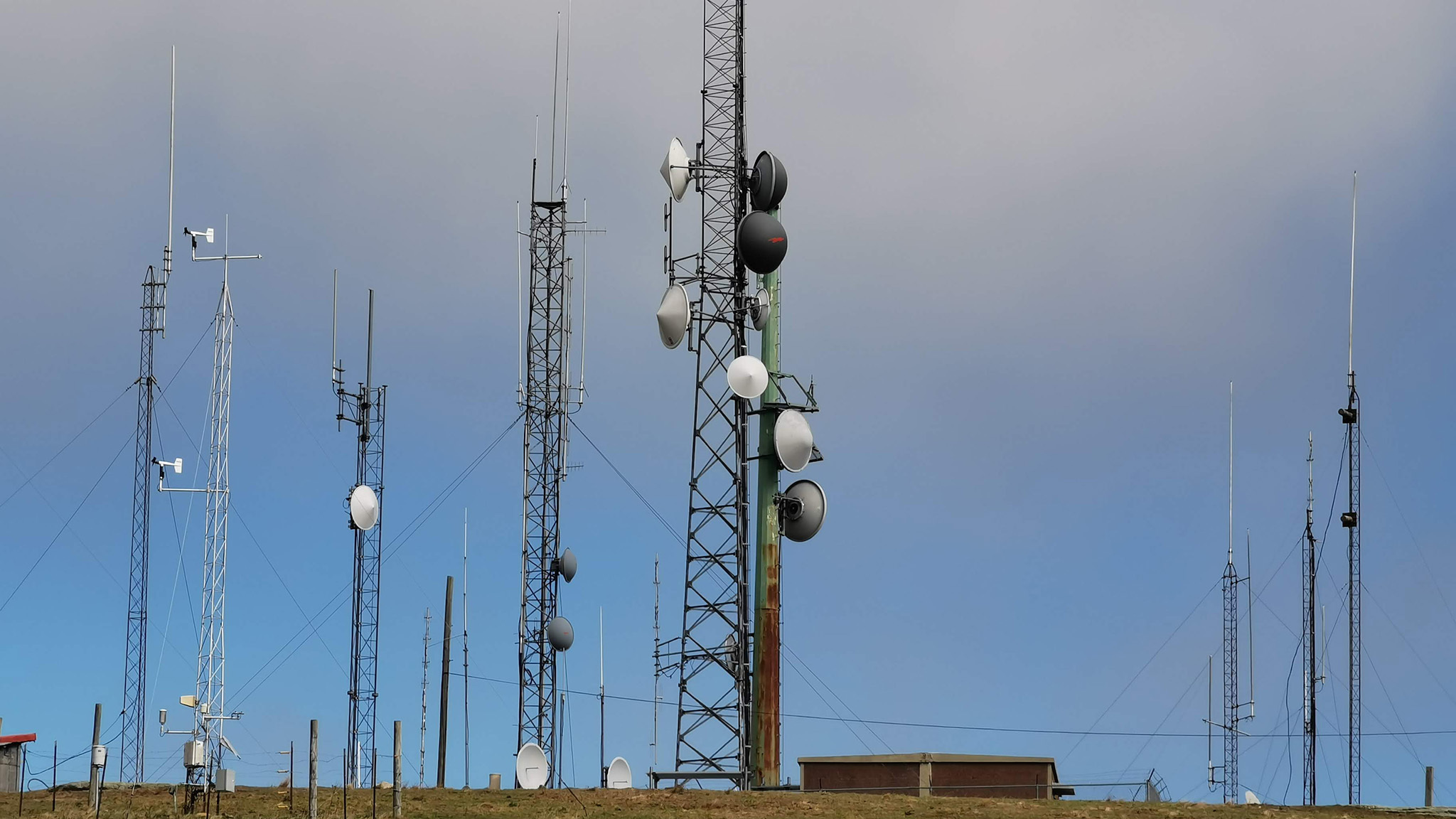Google's as much to blame for lousy Android update policies as phone makers

The debate around Android updates is far from a new one. Everyone likes getting updates, every phone would benefit from years of guaranteed support, and most companies still drop the ball in this regard in one way or another. It's no secret that there's a lot of work to be done on this front, but as we begin 2021, the ugly face of lacking software support is rearing its head in a particularly nasty way.
In one corner, we have Motorola's latest batch of budget Android phones — the Moto G Play, Moto G Power, Moto G Stylus, and Motorola One 5G Ace. All of them ship with Android 10 out of the box and are promised just one OS update to Android 11. Motorola's long-held this single update policy for its budget devices, but it feels especially damning this year seeing as how the one update is being used to get the phones off of now-outdated software.
We see an identical situation with OnePlus's foray into the cheap Android niche with the OnePlus N10 5G and N1000. These two phones are also promised one "major Android update," and like those Motorola phones, that update is to get them off Android 10 and on Android 11.

This isn't the first time we've seen something like this, but considering these new handsets are bound to be among the best-selling budget smartphones in the United States, they deserve greater criticism. Someone shopping for a $200 to $300 phone doesn't have many other options outside of what Motorola and OnePlus are offering, so why should they be punished with a phone that'll be end-of-life in a matter of months?
Certain brands have gotten away with unacceptable update policies for far too long.
It's not fair in the slightest, and as you'd rightfully think, Motorola and OnePlus need to be held accountable for crummy moves like this. But here's another thought — why should they? Motorola's been getting away with single-update phones for years, OnePlus is doing it now, and no one is stopping them. They know they can do this given scarce competition, it saves them time/money, and that extra profit is worth a few Android nerds being upset online.
It's clear that brands like Motorola and OnePlus have no will or intention to do right by their customers, so maybe it's time to start pointing the finger at someone else. Someone like Google.
No matter what company you buy an Android phone from, at the end of the day it's running software created and owned by Google. It's a platform that Google is ultimately responsible for, and regardless how much the company talks about its efforts with Project Treble, it's still the one that allows brands like Motorola and OnePlus to ship phones on outdated software, update them to the current version, and then tell you to have a nice day.
Be an expert in 5 minutes
Get the latest news from Android Central, your trusted companion in the world of Android

If Google wanted to, it could — and should — put an end to this nonsense. Programs like Project Treble are great for companies that choose to use them, but if we're still having devices shipping on old software and only ever being updated to a version that's now months old, something isn't working.
So, what's the solution? Google could say that if brands want to use Android for their devices they need to commit to a certain window of support. Phones need to ship on whatever the most recent Android version is, at least two years of major OS updates need to happen, and then it's up for those companies to decide where to go from there.
I'm not sure if more authoritarian control over Android would play nicely in the real world, but something has to change if we want to see any progress on this front. The Moto G Stylus and OnePlus N10 5G are still bound to be among the best cheap Android phones for 2021, but that doesn't mean the shortcuts the company took are OK.
An ideal world would see Motorola, OnePlus, and others addressing updates themselves. If that continues to not happen, Google needs to step in and doing something. It's long overdue.

A cheap phone with great software
The Pixel 4a is a prime example of how to make a quality budget phone. It's fast, has a great display, all-day battery life, and an amazing camera. It's also first-in-line for new Android updates as they're released, and you get that level of support for three years guaranteed.
Joe Maring was a Senior Editor for Android Central between 2017 and 2021. You can reach him on Twitter at @JoeMaring1.

